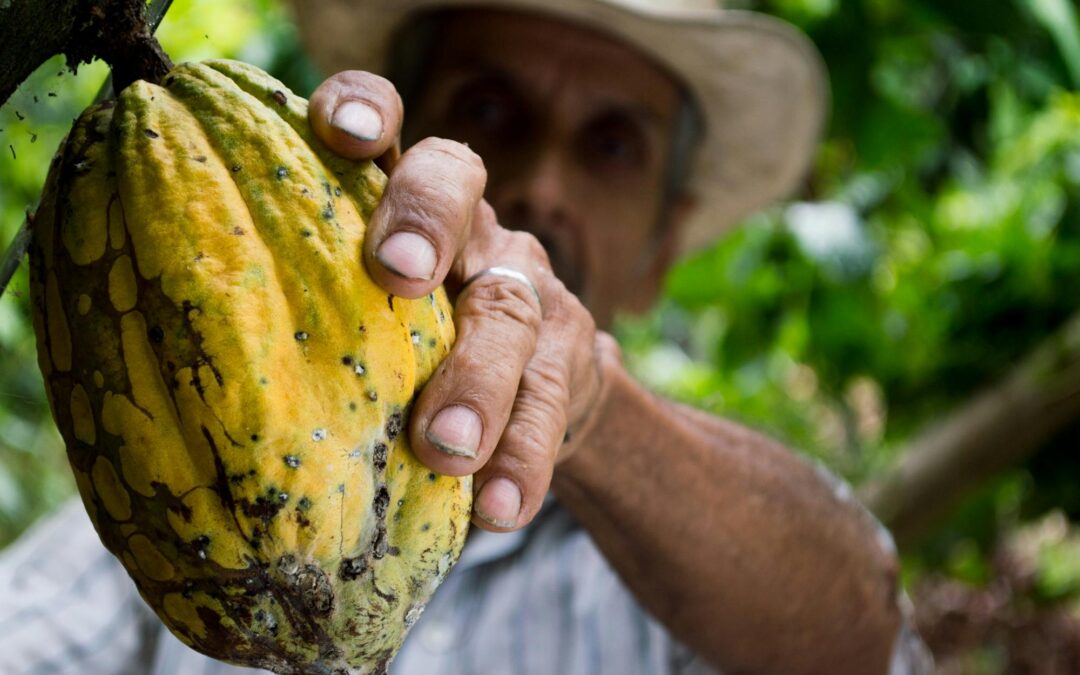We regularly release working papers designed to spark and deepen discussions across the field of development studies. We’ve been publishing these working papers since 2007, with an extensive catalogue covering everything from the political economy of plastic bag bans to sexuality and migration in the Global South.
Working papers allow academics to test new ideas and disseminate provisional findings with relevant researchers and interested communities, without having to go through the process of publishing work in an academic journal. Of course, the research presented in a working paper may well end up as a journal article later down the line. By releasing findings at a relatively early stage, authors may enhance their academic profile, benefit from valuable feedback, and engage in stimulating discussions that deepen their understanding of pressing issues within a given field.
So, what hot topics have GDI academics and related colleagues been addressing in our latest set of working papers?
‘Does access to credit reduce child labour? New evidence from Bangladesh’ – Farzana Munshi, Arefin Kamal, and David Fielding (2024-071)
Child labour represents a significant driver (and consequence) of poverty and inequality in Bangladesh and much of the globe. Such labour often impacts children’s mental and physical health, as well as hampering their educational and social development. In response to this problem, researchers from GDI and BRAC University have examined the extent to which household access to microcredit affects child labour rates. Results in the working paper are compelling, with access to credit appearing to reduce child labour rates by facilitating investment in hired labour – an important consideration for policymakers looking to reduce child labour in credit-constrained rural areas in Bangladesh.
Keen to discover more about the team’s methodologies and conclusions? Download the paper.
‘Individual social capital and extreme poverty: when is it good or bad capital for women’s health?’ – Md Moslah Uddin and David Lawson (2024-072)
Another working paper addressing poverty and inequality in Bangladesh explores the potential connections between social capital and women’s health. Social capital – or the formal and informal social connections between people that may generate material and intangible benefits – plays an important role in determining women’s wellbeing in some of the world’s poorest regions. However, as GDI’s Md Moslah Uddin and David Lawson argue, different forms of social capital can produce variable health outcomes for some of the poorest women in Bangladesh.
By capturing the effects of four different social capital measures and investigating their impact on women’s health, the researchers found a positive association between social capital and self-reported health among a treatment group (who received programme interventions such as community resource mobilisation and asset transfer) and a negative association for those in a control group. Interestingly, the results indicate that increased social capital doesn’t always equate to positive health outcomes. If you’d like to discover why creating and maintaining social capital may not necessarily improve poor women’s health, as well as the differences across different types of social capital, you can download the paper here.
‘The Political Economy of Polycentric Governance in Global Production: Insights from South African Fruit’ – Matthew Alford and Margareet Visser (2024-073)
If the political economy of global production networks is more your thing, Matthew Alford and Margareet Visser have written a study of the state’s role in governing South African fruit production networks. Using the concept of ‘polycentric governance’ to understand how forms of public and private governance play out across multiple poles of authority, the researchers probe the distributive implications of polycentricity and highlight key public-private tensions. The paper uses South African apple production as a rich case study of the state’s role within a polycentric system of overlapping global, regional, and domestic production networks.
If you want to read more about the case study and why its authors uphold polycentric governance as a framework for understanding the governance of production in today’s global economy, download the paper here.
‘The Political Economy of Pricing and Price Risk in Ghana’s Cocoa Marketing System’ – Sophie van Huellen, Fuad Mohammed Abubakar, Nana Amma Asante-Poku, and Robert Fig (2024-074)
Our most recent working paper zones in on the highly volatile prices of cocoa beans and their consequences in a Ghanaian context. GDI’s Sophie van Huellen and colleagues from Ghana Cocoa Marketing Company, the University of Ghana, and SOAS University of London examine how volatile revenues, income, and exchange rates pose challenges for a government looking to manage its internal and external balances.
The authors propose an institutional theory of price to understand pricing mechanisms along the cocoa chain. Using interviews with cocoa stakeholders in and outside Ghana in 2024, as well as a map of the pricing points along the cocoa chain, they subsequently offer a political economy analysis of cocoa pricing and the distribution of price risks, arguing that Ghana’s price risk is managed by counterparties to its disadvantage. Download the paper to read more about these insights and the author’s provisional policy suggestions for helping Ghana gain control over its exposure to price risks.
Explore the archives…
If you’ve enjoyed insights from these papers or are keen to find studies that better align with your research interests, there are plenty more papers to explore on the GDI website. Simply head to our GDI Working Paper Series catalogue.
Photo credit: PixaBay
Note: This article gives the views of the author/academic featured and does not represent the views of the Global Development Institute as a whole.
Please feel free to use this post under the following Creative Commons license: Attribution-NonCommercial-NoDerivatives 4.0 International (CC BY-NC-ND 4.0). Full information is available here.

